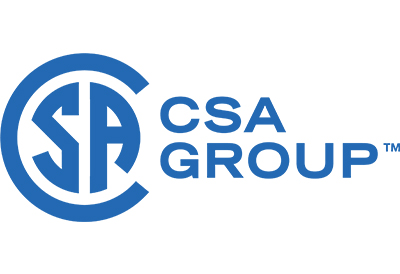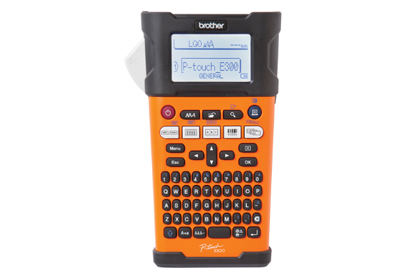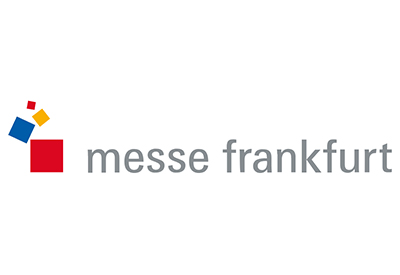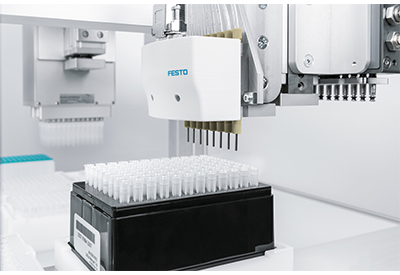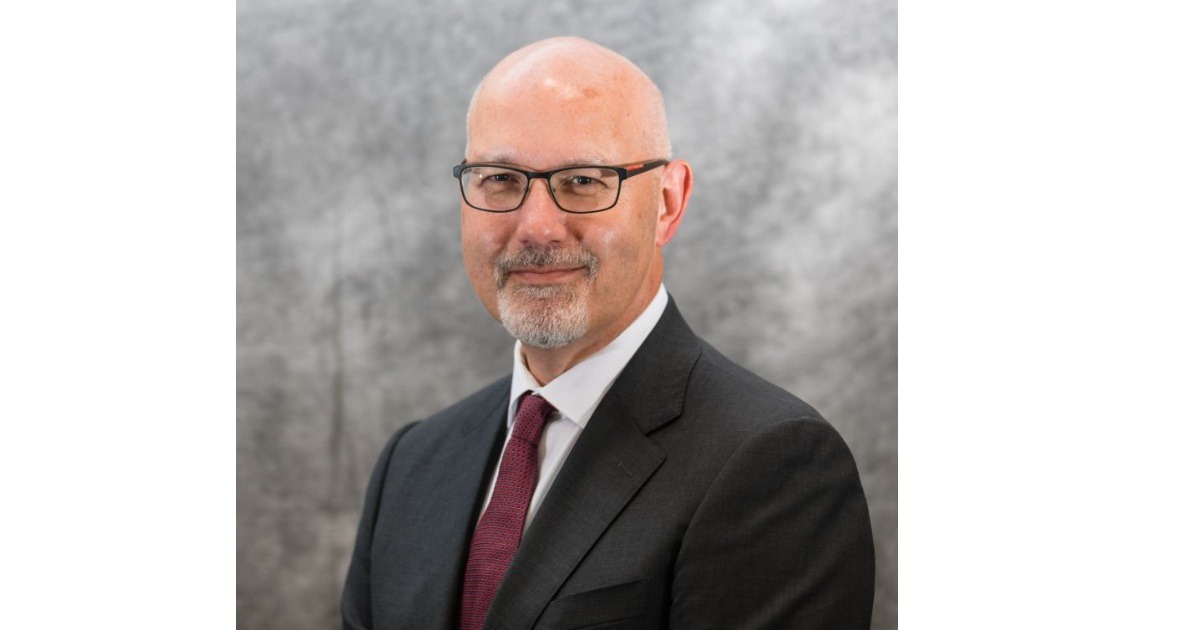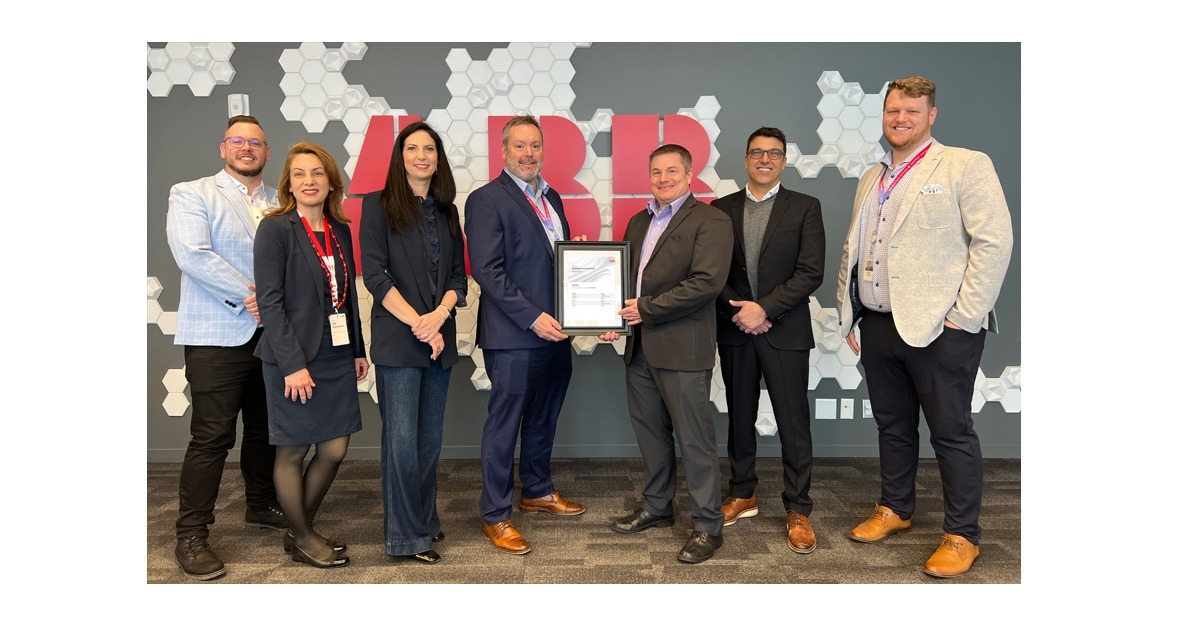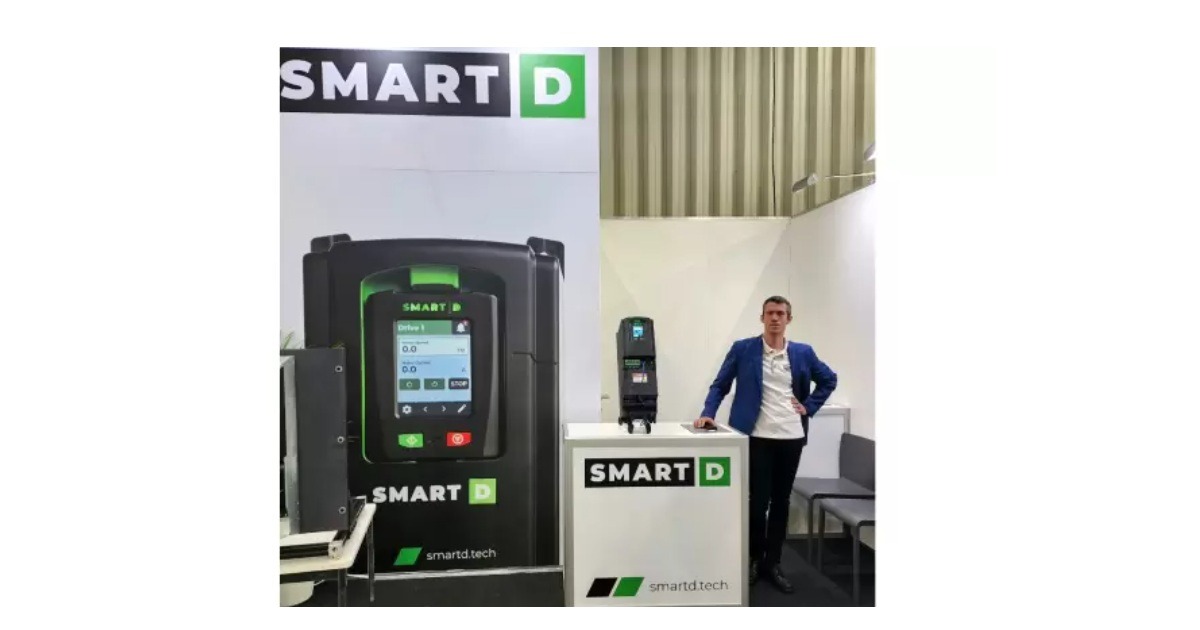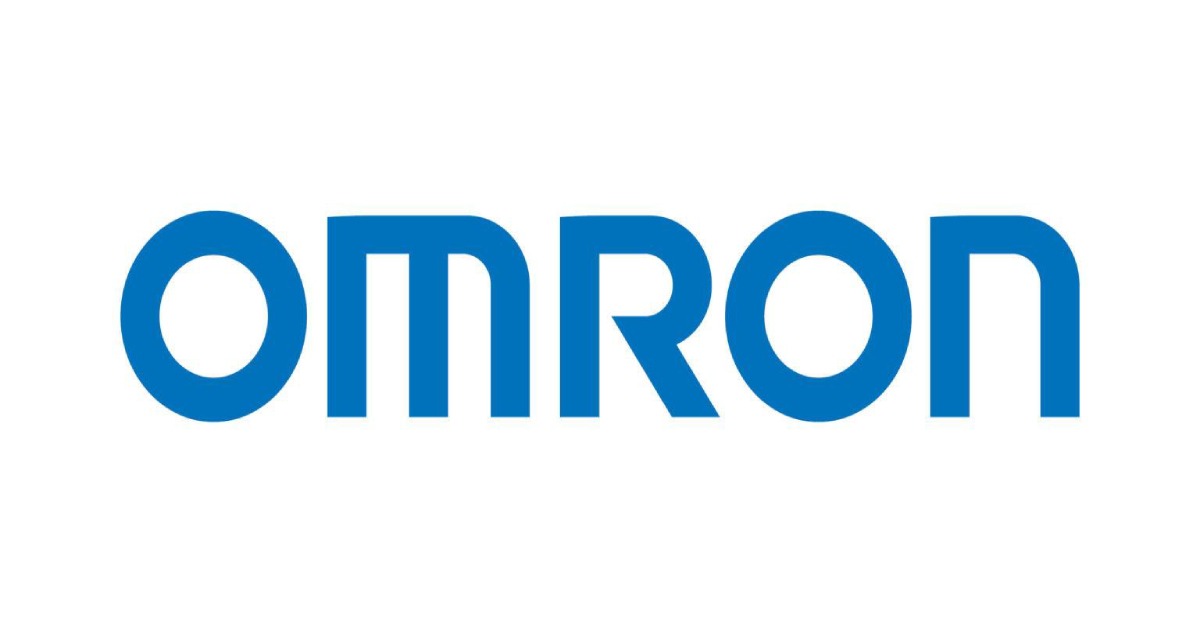Liam Lawrence: Perspective of a Control Systems MASc Student
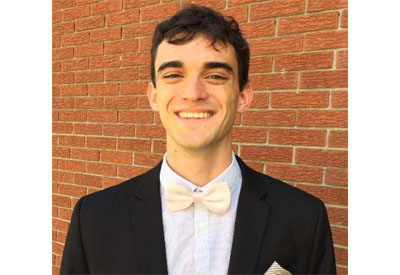
January 10, 2018
Changes are coming hard and fast to the control and automation sectors, obligating a rise in knowledgeable and experienced engineers and integrators. Education is the path to ensuring the technological advances continue and are properly implemented and as such Panel Builder & Systems Integrator turned to a control systems student at the University of Waterloo. Liam Lawrence is in first year of work on his MASc, Control Systems and has provided a fresh perspective from someone new to the field.
- 1) Tell us a little about your yourself?
I’m from Vancouver, BC, but pursued my undergraduate education in Engineering Physics at McMaster University in Hamilton, ON. My interests have ranged from creative writing to physics, and I don’t think I’ll ever be able to settle on just one area to be passionate about. I’ve spent my past few summers exploring these diverse interests of mine: I was a research assistant at a particle physics lab in 2016, while last summer I spent two weeks working on an organic farm and made a trip to England to learn some family history!
- 2) What got you interested in control and made you decide to pursue an education in it?
I was first exposed to control systems in a digital electronics class, when we had to build a temperature regulator using PID control. I went on to read more about the field in my spare time, took a course on control in my fourth year, and talked to several professors in the area while I was researching graduate programs. I decided to pursue control because to me it combines the most interesting elements of both physics and engineering.
- 3) Having started your studies, is the education in this area what you expected?
At this point, I’ve only taken one course in control, but so far, it’s what I expected: lots of math! Control theory is a deeply mathematical area of engineering, and the course I took reflected that. Most of the lectures involved studying the main theorems, and the proofs, of linear multivariable control. However, the course also involved a project that gave me a chance to see the links between the theory and its application to real engineering systems.
- 4) Do you have a particular focus or speciality within the control field that you prefer?
At the moment, I don’t have a particular industry I want to pursue, mostly because I haven’t done enough research on what the possibilities are. Control is quite a broad field, so I’m definitely curious to learn more about its applications in different industries.
- 5) Is there anything about studying control that was unexpected has taken you in a direction you didn’t initially anticipate?
Before beginning my studies, I hadn’t realized quite how much mathematical optimization plays a role in modern control theory. Optimization questions seem to naturally arise because there is so much design freedom in a controller, and we would like to know what design will result in the best possible performance. Because of this close relationship between optimization and control, I ended up taking an optimization course this semester to get some background.
- 6) What do you see as having the biggest influence on control in the years to come, ie. Industrie 4.0, IoT/IIoT, PoE…..?
I’ve only just begun my studies in control, so I’m not sure how qualified I am to comment on its future. I will say that decentralized control is a major field of research, and I expect it will find many applications in IoT systems.
- 7) Do you have any interesting projects or current research you are working on?
I started working on a research project with my supervisor this semester, which will eventually lead to my thesis. It’s a project that lies at the intersection of optimization and control: the idea is to design a controller that can guide a system to an “optimal” state. We’re using a number of tools from robust control theory to answer questions about the stability and performance of the system.
- 8) After almost one semester have you done any work or research that has changed your opinion on control?
It’s not so much that I’ve had an opinion changed, but I’ve definitely learned how rich the field of control is, and how many potentially useful tools exist. I’ve also begun to suspect a lot could be done to improve the flow of ideas between academia and industry.”
After only one semester in control Liam has good grasp and perspective for moving forward. His open mind and modesty have him well positioned to learn and push boundaries. His insights have also touched upon other topics that require further attention, perhaps the most important being made in the insightful response to the final question, that the communication between academia and industry could be improved. Panel Builder & Systems Integrator thanks Liam for providing these insights so early in his education in the field and look forward to the contributions he will bring to the industry in the years to come.



